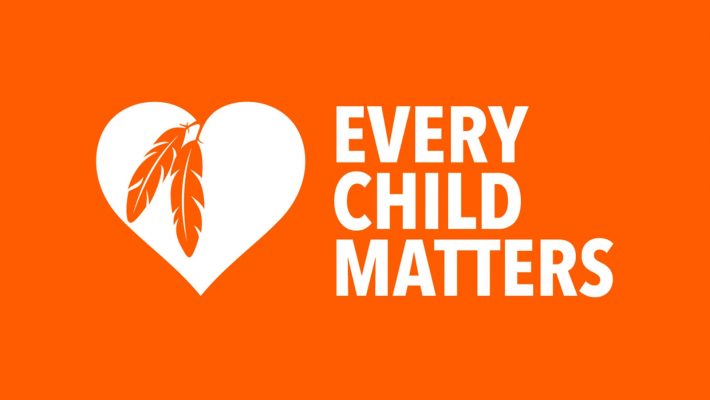September 30 marks the first National Day for Truth and Reconciliation

September 30 marks the first-ever National Day for Truth and Reconciliation, a new federal statutory holiday established so that we can recognize and remember the tragic history and ongoing legacy of residential schools in Canada.
At Symphony Nova Scotia, we believe that the arts have true power to change lives, communities, and our world, and that change starts with education. It is important to commemorate the residential school experience, honour those who survived, and remember those who did not. We encourage everyone to join us as we take time to reflect, and let us come together in a spirit of reconciliation and hope. #EveryChildMatters
WHAT IS RECONCILIATION?
In this video from TVO Docs, Indigenous experts Pamela Palmater, Eddy Robinson, and Cindy Blackstock explain what it really means to reconcile after generations of systemic racism against Indigenous peoples.
CBC Kids News recently released this video with contributor Isabel DeRoy Olson to help explain the history of reconciliation, the Truth and Reconciliation Commission, the 94 calls to action, and more.
LEARNING MORE ABOUT RECONCILIATION
If you’re looking for a place to start your learning journey or want to continue the conversation about truth and reconciliation, here are some helpful resources:
- Learn more about National Day for Truth and Reconciliation, and explore the rich, diverse voices and experiences of First Nations, Inuit, and Métis Peoples.
- Join the Mi’kmaw Native Friendship Centre this weekend from September 30 to October 2 for Reconciliation on the Waterfront
- Explore the educational resources provided by the National Centre for Truth and Reconciliation.
- Learn about the significant dates in the history of residential schools in Canada, some of which can be traced back to the 17th century.
- Honour the survivors by listening to their stories, and remember those who did not survive.
Register for free courses like this one from the University of Alberta that explore key issues facing Indigenous peoples today from a historical and critical perspective.
